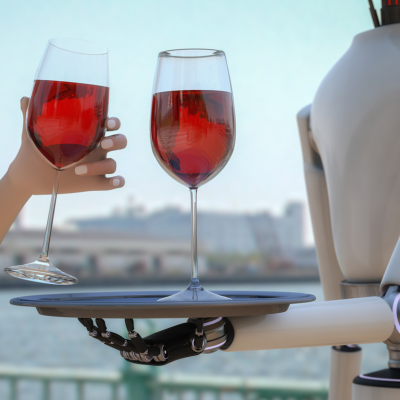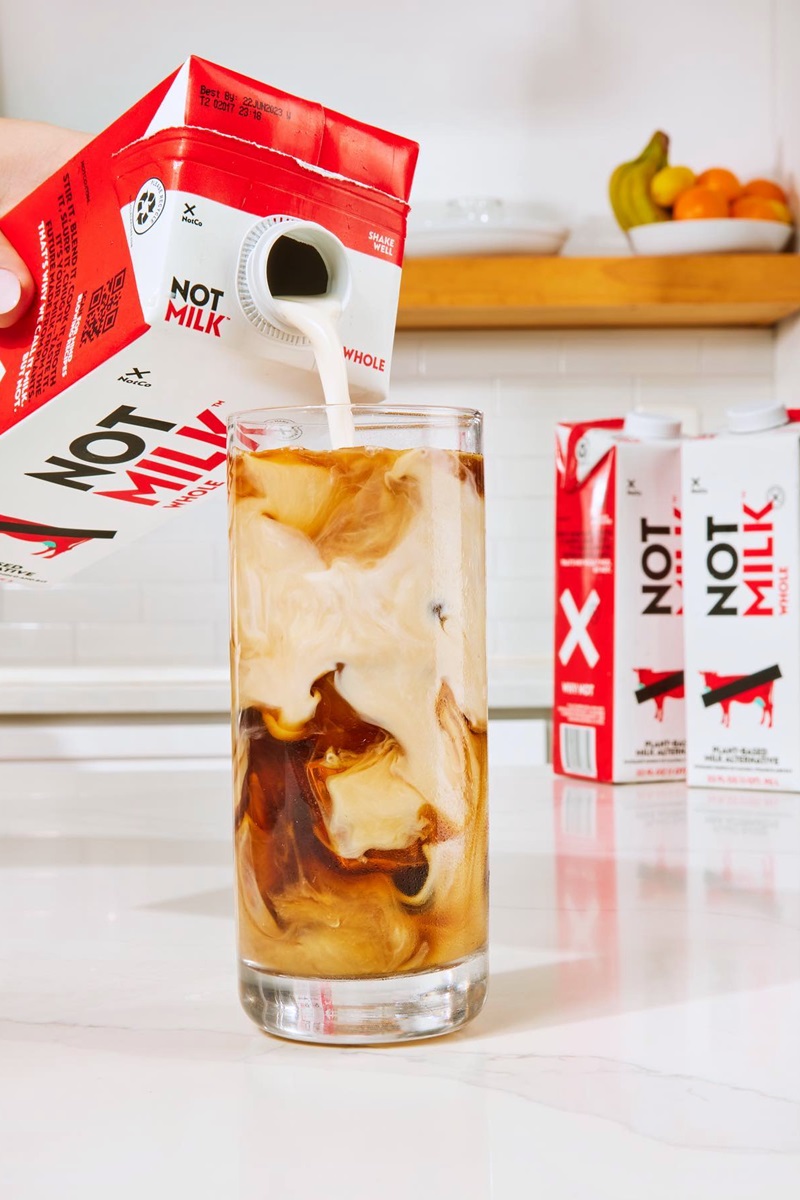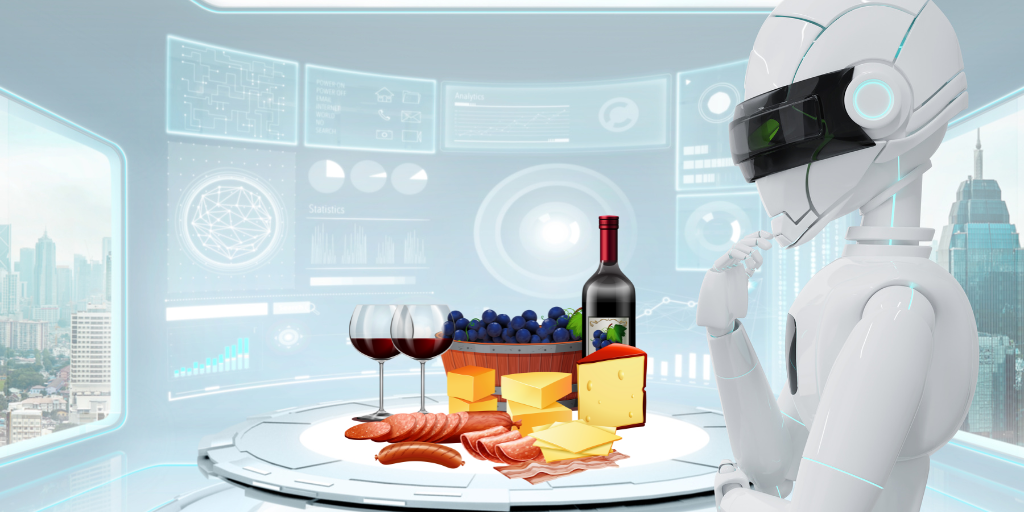As AI becomes increasingly ubiquitous - it’s in your phone, it’s tagging your photos, it’s selling you t-shirts on Instagram and it’s even delivering your food - questions about the role artificial intelligence should play in our daily lives, and what it is that really sets us apart as humans have been coming up more and more.
So: what is the role artificial intelligence should play in our lives and what sets us apart as humans?
To be honest we have no idea. But if you think our ability to taste wine sets us apart from the HAL9000s and Agent Smiths out there, you might be in for a surprise. Enter the realm of tasting robots, where machines equipped with AI algorithms and sophisticated sensors are pushing the boundaries of what technology can accomplish.
How can a machine taste?
To answer this question, we have to back up a bit. What is taste? When humans taste, we use our primary taste organs, the tongue, and the taste buds. Taste buds contain specialized receptor cells that detect taste sensations. The five taste sensations are: sweet, sour, salty, bitter, and umami. Taste receptors receive and transmit sensory information to the brain, where the taste signal is interpreted. Recreating this process in a machine is a similar process, the key is digitizing the data from a food or beverage in a way that an artificial “brain” can interpret.
AI is stealing our hobbies?
At the National Institute of Standards and Technology, researchers have created a wine-tasting AI that they say can taste and identify wines with over 95% accuracy. To train the AI’s virtual palate, experts assigned 13 attributes to characterize wines, including alcohol, ash, magnesium, alkalinity and color, and trained the network on 148 wine samples from various grape varieties.
Meanwhile, in Australia, an electronic nose that uses 8 aroma sensors is sniffing out fraud in the whisky industry. The NOS.E, developed at the University of Technology in Sydney can identify samples, identify the region the whisky comes from, and even identify six brand names with an accuracy of 96%.

The AI that understands taste better than we do
Understanding how we taste is one thing, but at Chilean food-tech company NotCo, their supertasting AI chef Guiseppe understands flavor on a totally different level. What is the chemical composition of our favorite flavors, and how can they be reproduced? This is the question the Guiseppe was created to answer. Their most popular product, NotMilk, was created by analyzing the molecular structure of hundreds of plants to create a product molecularly similar to cows' milk.
To perfect the recipes, Giuseppe creates and received feedback on hundreds of recipes each month. Using their proprietary machine learning system, NotCo can iterate through versions faster and faster as the system learns more about taste, processes feedback about color and texture, and comes up with new combinations. AI-driven systems like Guiseppe can understand taste on a molecular level, allowing for the creation of plant-based alternatives that closely mimic the flavors and textures of traditional animal-based products. By leveraging AI to analyze the chemical composition of various ingredients and rapidly iterating through countless recipe combinations, companies like NotCo are revolutionizing the food industry and expanding options for those seeking alternative dietary choices.

Sustainable flavors
In addition to revolutionizing taste experiences, AI-driven advancements in the realm of flavors also have the potential to address pressing environmental concerns, particularly in the context of sustainability through plant-based foods. The production of traditional animal-based products often requires significant amounts of land, water, and resources, contributing to deforestation, water pollution, and greenhouse gas emissions. By leveraging AI algorithms and machine learning systems, companies like NotCo are able to analyze the molecular composition of plants and create plant-based alternatives that closely replicate the flavors and textures of animal-based products. This not only offers consumers a wider range of options but also reduces the ecological footprint associated with food production. Embracing plant-based alternatives made possible by AI-driven technologies can contribute to a more sustainable and environmentally conscious food system, promoting biodiversity, conserving resources, and mitigating the impact of animal agriculture on our planet.
What’s next?
As artificial intelligence continues to advance and become increasingly integrated into our daily lives, it offers exciting possibilities for enhancing our experiences, particularly in the realm of flavors and culinary creations. The development of AI-powered tasting robots and sophisticated sensory technologies demonstrates the potential to push the boundaries of what technology can accomplish in replicating and even surpassing human sensory capabilities.
AI-enhanced flavors and technologies not only cater to individual preferences but also have the potential to address societal concerns such as sustainability, health, and food accessibility. By harnessing the power of AI to optimize taste experiences, we can unlock a world of innovative culinary creations that cater to diverse preferences, dietary needs, and cultural backgrounds.
Croptracker develops agtech solutions for industry leaders. Located in Eastern Ontario, Canada, our mission is to make crop production safer, more efficient, and more profitable. Designed in partnership with fresh market producers and distributors, every tool we create is based on direct industry feedback.
Interested in learning more about Croptracker? Learn more about our Farm Management Software, or book a demonstration to schedule a meeting with our product experts.


